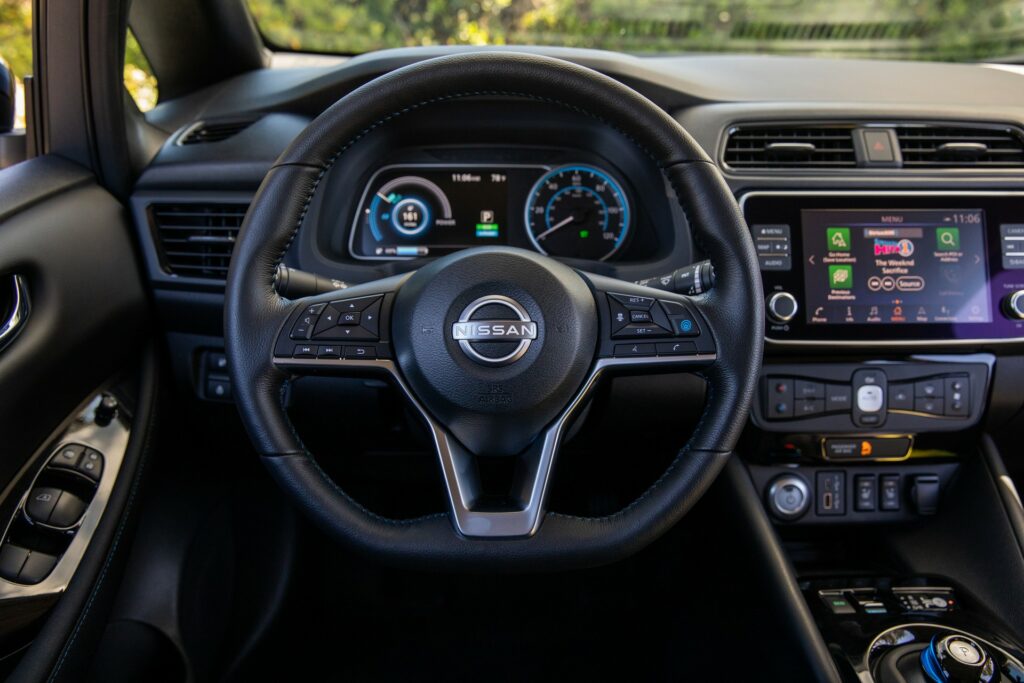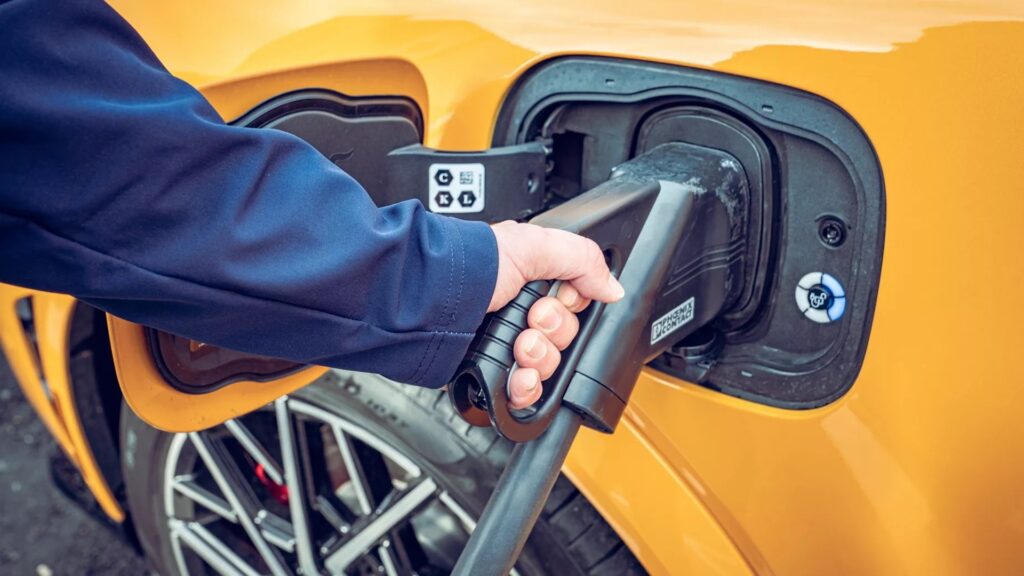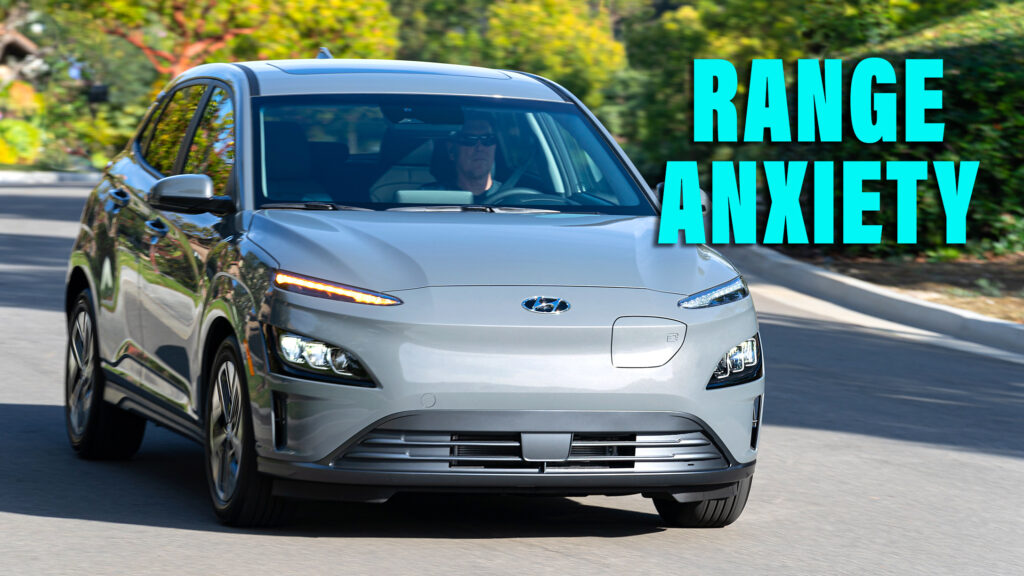As electric vehicles have grown more popular, automakers have sought to ease so-called “range anxiety” by stuffing more and more battery cells into their vehicles. But new research from the University of Delaware suggests that in many cases, owners may be better off choosing smaller EVs with less range.
The study, led by Willett Kempton at the University of Delaware, and published in the journal Energies, looked at 333 drivers with internal combustion vehicles around Atlanta, Georgia. The team looked at their driving habits since 2004, and then compared annual mileage needs against a selection of hypothetical EVs with varying ranges.
It found that 37.9 percent of drivers could have driven an EV with a relatively short range of 143 miles (230 km), like the Nissan Leaf, without changing their driving habits at all. By using only charging stations at their homes, work, or in the parking lots of places they were visiting anyway, more than a third of drivers wouldn’t have needed to make any extra trips or stops specifically to charge.

That’s all well and good, you may be saying, but why not have the extra range just in case? Well, there are actually all kinds of disadvantages to larger battery packs, Kempton told Ars Technica.
The professor argues that smaller EVs are cheaper to buy, for one thing, and easier to produce. That makes them not only less carbon intensive to make and more efficient to run, but more attainable for drivers, too.
Having fewer batteries also makes EVs safer on the road, since lighter vehicles do less damage. Indeed, to prepare for the massive battery-powered vehicles coming from American manufacturers, the Insurance Institute for Highway Safety has had to ensure that its crash testing equipment can handle more weight than ever before.
While there are some scenarios in which longer ranges are helpful, that’s mostly for drivers who make cross-country trips. Only a few people in the study actually did that, though, and Kempton argued that it would actually make more financial sense to simply rent a car in those circumstances.
Kempton hopes that this research will help assuage interested EV customers’ range anxiety. As the owner of a Ford Mustang Mach-E, he says that he hardly ever thinks about range.
“Three hundred sixty days a year, you don’t even think about [range issues] because you wake up and have a full tank, you know? Every morning you’ve got a full tank,” he said.





